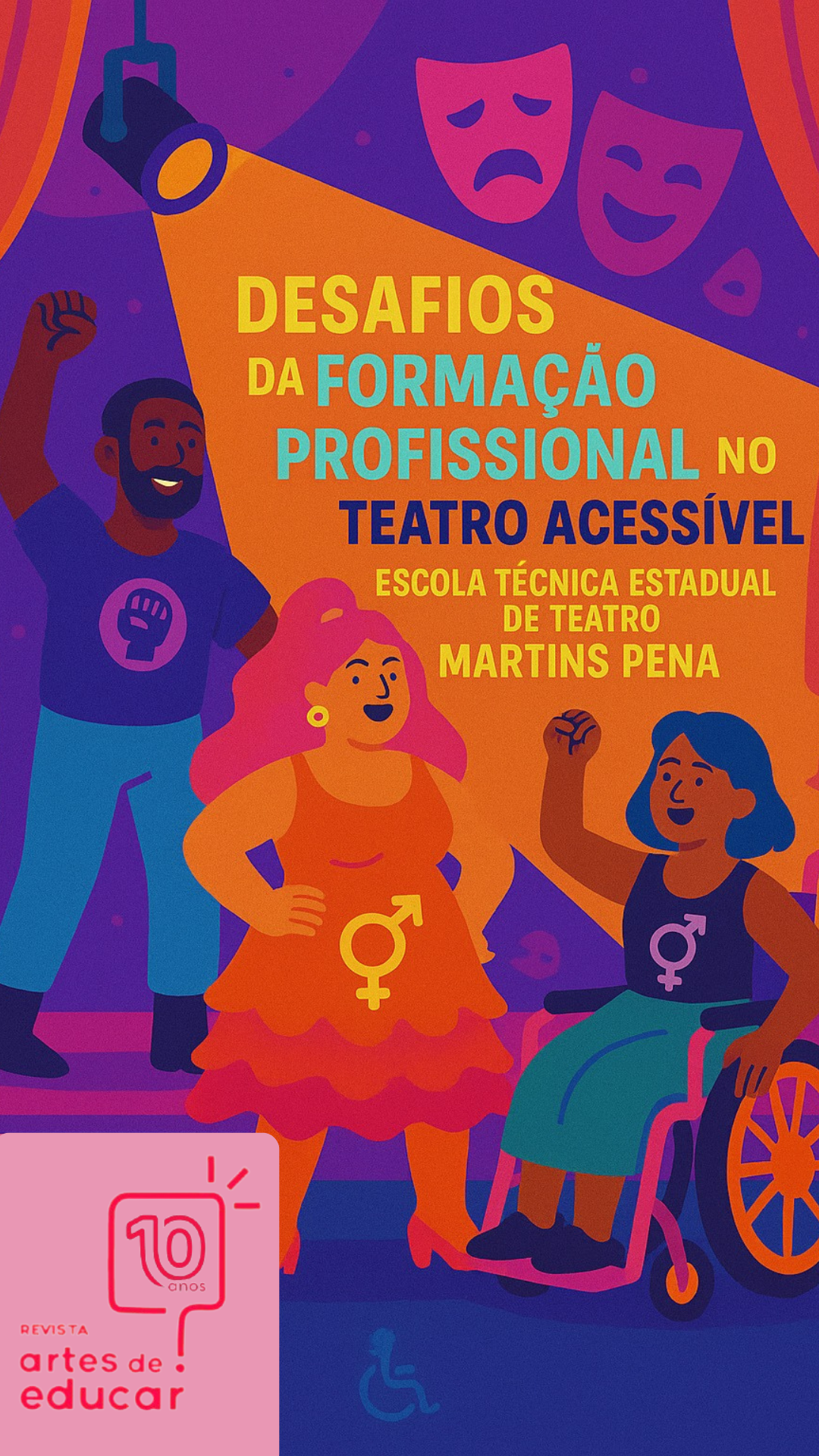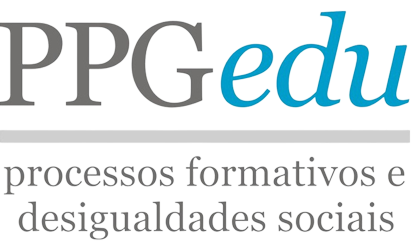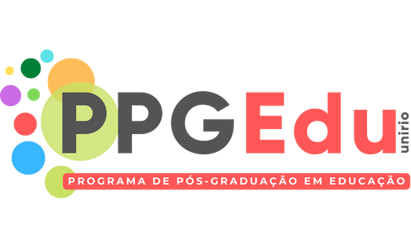Suspensão de recepção de artigos
Estimados e Estimadas autores/as,
Em função da grande demanda, a RIAE fechou a recepção de artigos por tempo indefinido. Quando publicarmos as chamadas dos dossiês de 2025, abriremos novamente.
Read more about Suspensão de recepção de artigos






















